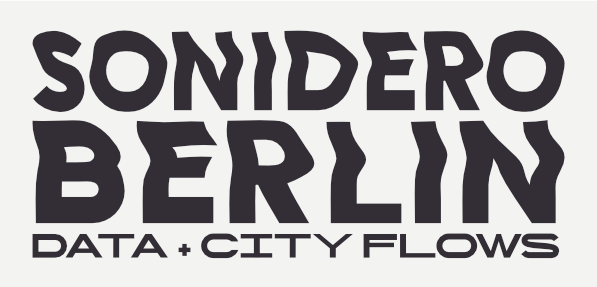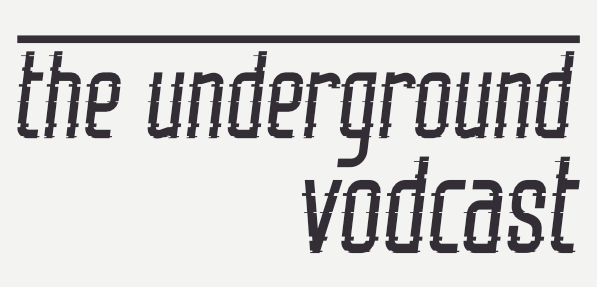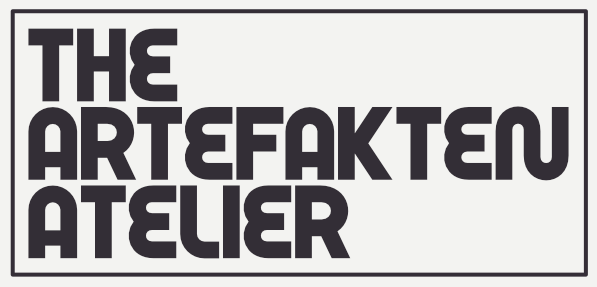Although Tarde is a universe itself, one composed of minimal situations and unnoticed entanglements, this project is also part of something bigger: The Data Ethnographic Ecosystem. The Data Ethnographic Ecosystem (DE-E) is a framework of media, spaces, and experiments at the intersection of urban ethnography, digital journalism, and inventive methods. It is conceived as a hybrid (online-offline) scenario to explore urban matters by reflecting on and implementing data collection, analysis, and representation devices.
Initially, the ecosystem comprises four independent sites, each exhausting a particular space of encounter between (digital, interactive, and data) ethnography and urban studies: (1) Sonidero Berlin, data + city flows; (2) The underground vodcast, a conversation on ethnographic methods; (3) Tarde, a handbook of minimal and irrelevant urban entanglements, and (4) the Artefaktenatelier, an ethnographic workshop.
The idea of creating a multimodal, inventive, and data-based ethnographic research ecosystem came from the early stage of my doctoral research, particularly from the notion of “learning from.” Learning from a particular urban formation should be seen as a multimodal and metonymic translation process where spatialized stabilizations are decomposed into different material-semiotic elements and regions of usefulness.
Despite the fact that during the last few decades, it has been strongly related to digital platforms and tools, data is everywhere. In an urban ethnographic context, data comes to matter in the shape of bodies, rhythms, textures, sounds, colors, numbers, shapes, flavors, and hybridized encounters. Everything can be measured. Everything should be taken into account.
The sites behind DE-E represent and propose a solid commitment to the singularity of the spaces, technologies, and different logics immersed in grasping, analyzing, and displaying urban life. They use and construct various analog and digital media devices and techniques from data science, visualization, arts, and the social sciences to capture, stabilize, and display the minimal and ephemeral of urban life.
Having in mind the political power of methodology and its active participation in the ethnographic process as another actor, the DE-E also hopes to provoke a continuous reflection on the practices and strategies behind the fabrication and usage of interactive, multimodal, and data-based devices and techniques.




